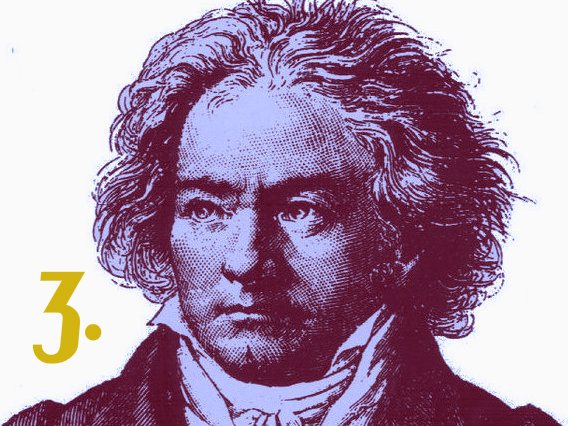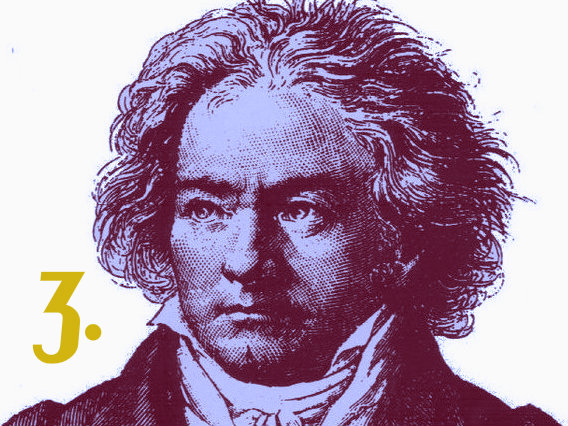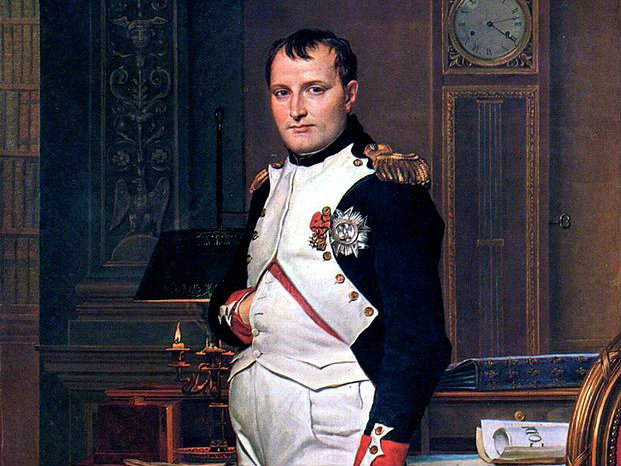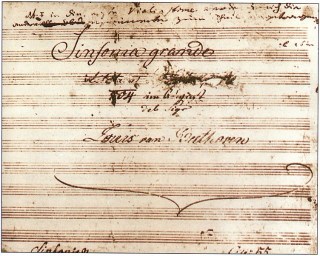

The Beethoven 9 as we explore the world of Beethoven through the lens of his symphonies with renowned classical biographer Jan Swafford.
Each month is dedicated to a different symphony. Each week you’ll hear a different interpretation from a world-class orchestra.
In March, we look at Symphony No. 3.
It’s hard today to imagine Napoleon Bonaparte as anything but a tyrant -- at best, a fallen hero.
However, this brilliant leader-gone-bad was once the valiant ambassador of the everyman, standing for freedom, equal rights and balance of power. His radical reforms won over supporters from all across Europe yearning for liberation from oppression, dictatorships and restricting mores.

To Beethoven, Napoleon embodied the core ideals of the French Revolution -- at first.
When Beethoven wrote his Symphony No. 3 -- the first monumental symphony of the Romantic era -- in 1803, he dedicated the work to Napoleon.
All of Napoleon’s most virtuous ideals, his fight for independence and opportunity, are expressed in this gargantuan tribute to mankind.

But the symphony Beethoven wrote was, and remains, awe-inspiring, as my cohost and Beethoven biographer Jan Swafford says:
"It was bigger, more intense. It used a bigger orchestra. The scope of the ambition was revolutionary. ... Beethoven was the one who said, 'Now I seize what a great symphony can be and show the world what it can be. And it is not just entertainment. It is something powerful and overwhelming'."








